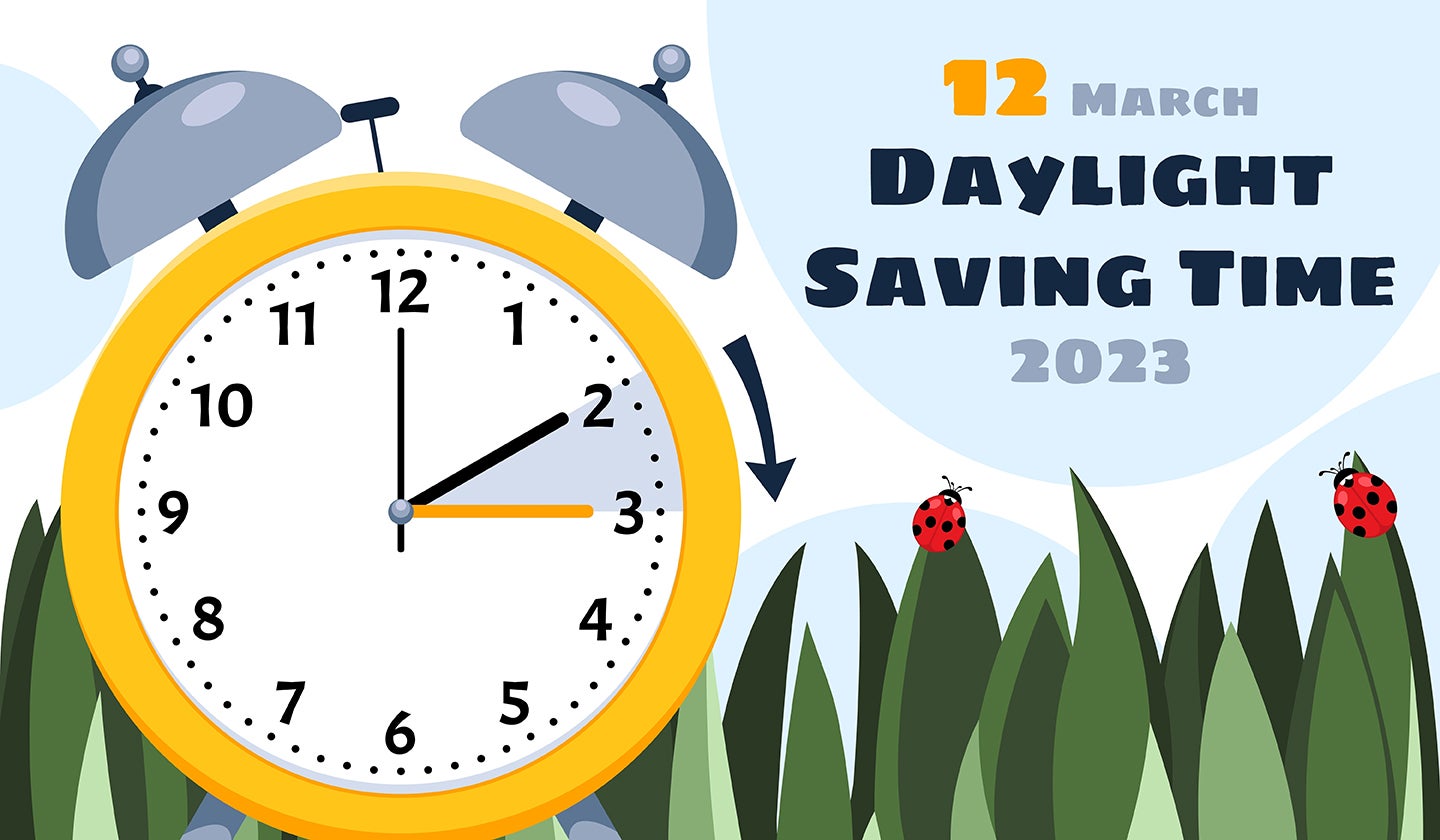Daylight Saving Time
March 10, 2023Categories: Sleep, News & Media, Health & Wellness, Blog
Tags: Sleep, News & Media, Health & Wellness, Blog
 “Spring forward, fall back”—it’s the quick and easy way to remember which way to turn your clocks at the start and end of daylight saving time. The practice was introduced in the United States in 1918 as a way to save energy and make better use of daylight.
“Spring forward, fall back”—it’s the quick and easy way to remember which way to turn your clocks at the start and end of daylight saving time. The practice was introduced in the United States in 1918 as a way to save energy and make better use of daylight.
But is this biannual event wreaking havoc on your sleep patterns and overall health? Research does suggest that “springing forward” each March can have some negative health implications. While you may be able to accept being a little tired, or even a bit irritable, there are some potentially serious health risks associated with daylight saving time you definitely want to avoid. You’ll find them below, along with some tips you can put into practice during time changes—and all through the year—to improve your “sleep hygiene.”
Sleep Deprivation
According to the Sleep Foundation, the average person loses 40 minutes of sleep on the Monday after turning the clocks forward. While most of us quickly adjust to the time change, for some it can take days or even weeks to get back on a good sleep pattern.
When our sleep patterns (also called “circadian rhythms”) get off track, it can lead to difficulty falling asleep, staying asleep or waking up in the morning. This can contribute to sleep deprivation, which has been linked to a range of negative health outcomes, including increased risk of obesity, diabetes, heart disease, heart attack, stroke and depression.
Increased Risk of Accidents
We all know the toll lack of sleep can take on our ability to think clearly and make decisions—which could explain why studies have found an increase in traffic accidents and workplace injuries after turning the clocks ahead in the spring.
Tips for Good Sleep Hygiene
Good sleep hygiene refers to the set of habits and practices that promote better sleep quality and duration. The Centers for Disease Control & Prevention (CDC) has these recommendations for better sleep.
- Stick to a consistent sleep schedule. Going to bed and waking up at the same time every day, even on weekends, can help regulate your circadian rhythms and promote better sleep.
- Create a relaxing sleep environment. Keep your bedroom cool, quiet, relaxing and dark.
- Eliminate electronics and screens. Remove electronic devices such as TVs, computers and smart phones from the bedroom.
- Limit caffeine and alcohol intake. Both can disrupt sleep patterns and should be consumed in moderation, especially in the hours leading up to bedtime. Also try to avoid eating large meals before bedtime.
- Exercise regularly. Physical activity during the day can make falling asleep easier at night.
- Manage stress. Stress and anxiety can make it difficult to fall asleep. Practice relaxation techniques like deep breathing or meditation to calm your mind before bed.
By incorporating these tips into your daily routine, you can improve the quality and duration of your sleep, which can have a positive impact on your overall health and well-being—not just when we “spring forward,” but all year long.
The Center for Sleep Medicine at Garnet Health Medical Center can help you rest easy. We are accredited by the American Academy of Sleep Medicine and can help you if you’re experiencing restless sleep, snoring, frequent awakening or periods of interrupted breathing. Our team of board-certified sleep specialists diagnose and treat a wide variety of sleep disorders, including insomnia and obstructive sleep apnea, in patients as young as age 2.
If you’re experiencing sleep issues, don’t go another night. Visit garnethealth.org/sleepcenter or call Garnet Health Doctors at (845) 333-7575 today to make an appointment with a sleep medicine specialist.
